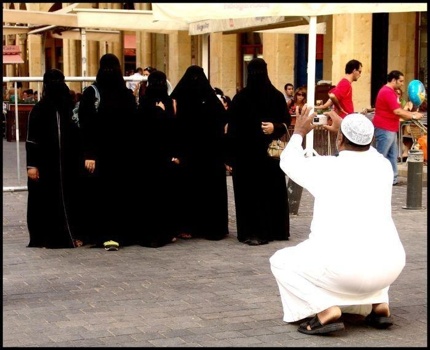Over the past year, a chorus of voices has called for Saudi Arabia to protect the Sunni community in Iraq and thwart Iranian influence there. Senior Iraqi tribal and religious figures, along with the leaders of Egypt, Jordan and other Arab and Muslim countries, have petitioned the Saudi leadership to provide Iraqi Sunnis with weapons and financial support. Moreover, domestic pressure to intervene is intense. Major Saudi tribal confederations, which have extremely close historical and communal ties with their counterparts in Iraq, are demanding action. They are supported by a new generation of Saudi royals in strategic government positions who are eager to see the kingdom play a more muscular role in the region.
Because King Abdullah has been working to minimize sectarian tensions in Iraq and reconcile Sunni and Shiite communities, because he gave President Bush his word that he wouldn’t meddle in Iraq (and because it would be impossible to ensure that Saudi-funded militias wouldn’t attack U.S. troops), these requests have all been refused. They will, however, be heeded if American troops begin a phased withdrawal from Iraq. As the economic powerhouse of the Middle East, the birthplace of Islam and the de facto leader of the world’s Sunni community (which comprises 85 percent of all Muslims), Saudi Arabia has both the means and the religious responsibility to intervene.
On the upside, this would probably bring down the al-Sauds in the long term. But probably even then, it’s not worth it. One also wonders whether its publication (alongside with that leaked Hadley memo) isn’t meant to scare Maliki for his meeting with Bush.
